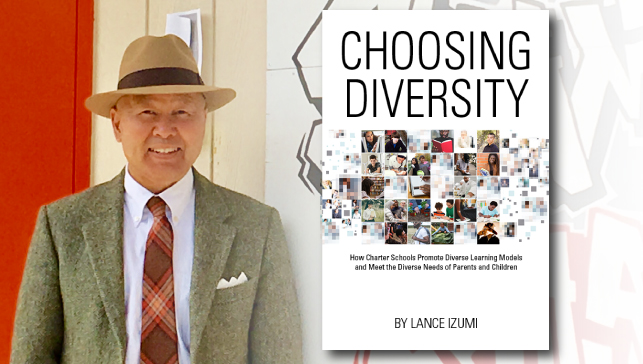The wave of teacher strikes across the country, with their focus on killing education reforms such as charter schools, have focused attention on the ideology of teachers. Many Americans are now asking: “Why are teachers so liberal?”
Tom Rademacher, a Minnesota teacher of the year who writes for the Education Post, says that teachers “are mostly liberals,” and the evidence backs him up.
The Washington Post reported on research, conducted by Verdant Labs using political-contribution data, on the Democrat-Republican divide based on job type.
While it unsurprising that among actors and actresses there are 90 Democrats for every 10 Republicans, many would be amazed to discover that teachers are actually as liberal or even more so than those in acting.
Among English teachers, there are 97 Democrats for every three Republicans, with the proportion being even more one-sided among health teachers, with 99 Democrats for every one Republican.
While there are slightly more Republicans among math and science teachers, among high school teachers overall, there are 87 Democrats for every 13 Republicans.
It is important to understand the influence of schools of education, which train prospective teachers, on the political and ideological leanings of teachers.
Dr. Greg Forster, Friedman Fellow at the school-choice organization EdChoice and a top education researcher, last year wrote that university education schools indoctrinate future teachers in left-wing ideology.
“Peruse the course catalog of any major education school, or read the Twitter feeds of the professors,” observes Forster, and you will “find yourself swimming in an ocean of hard-left ideology: ‘critical theory’ that says there is no truth, only power; ‘intersectionality’ that says you’re not allowed to be right about anything unless you’re right (that is, left) about everything; cheerleading for every fashionable left-leaning cause.”
Forster notes, “The central concept in the ideology that rules education schools, with an iron fist, is that real pedagogy means the liberation of the oppressed.”
Forster emphasizes that in the prevailing worldview at education schools, “Liberation means left-wingery because left-wingery means liberation.”
Forster’s observations mirror my own research, co-authored with Gwynne Spann, on California schools of education.
Imagine, for example, a forty-year-old teacher in California who received his/her training two decades earlier at California State University Dominguez Hills school of education, which is in the Los Angeles area. What was that teacher’s training like?
The CSUDH ed school said that its philosophy was influenced by Brazilian leftist education philosopher Paulo Freire, who The New York Times termed the foremost “radical educator in the world.”
Freire famously wrote The Pedagogy of the Oppressed, which Manhattan Institute fellow Sol Stern described as “a utopian political tract calling for the overthrow of capitalist hegemony and the creation of classless societies.”
Freire-inspired readings were mandatory at CSUDH, such as a classroom-management textbook that included a chapter by Peter McLaren, one of Freire’s leading American disciples.
Citing Karl Marx, McLaren wrote: “A critique of global capitalism and its relationship to patriarchy, homophobia, and racism is fundamental to the transformative politics of classroom democracy.”
That forty-year-old California teacher would not have been alone in being indoctrinated by Freire-influenced teacher-training programs.
A study by the then-chair of the education policy department at Boston University and the literacy director of the Bedford, MA public schools of top-ranked university schools of education, which was contemporaneous to my own research, found that The Pedagogy of the Oppressed was one of the most frequently assigned books in philosophy of education courses.
Is it any wonder then that the products of these schools and their courses are now manning strike lines and pushing leftist curricula on children?
The best alternative, then, is to give parents school-choice options, such as education savings accounts for private school, since schools of choice can often hire teachers based on subject-mater knowledge rather than on an ed school credential.
University schools of education worry about school choice breaking their teacher-training monopoly, says Greg Forster, “but maybe they should have thought about that before letting their curricula slide into an unproductive ideological Never-Never Land.”
–Lance Izumi is senior director of the Center for Education at the Pacific Research Institute.

